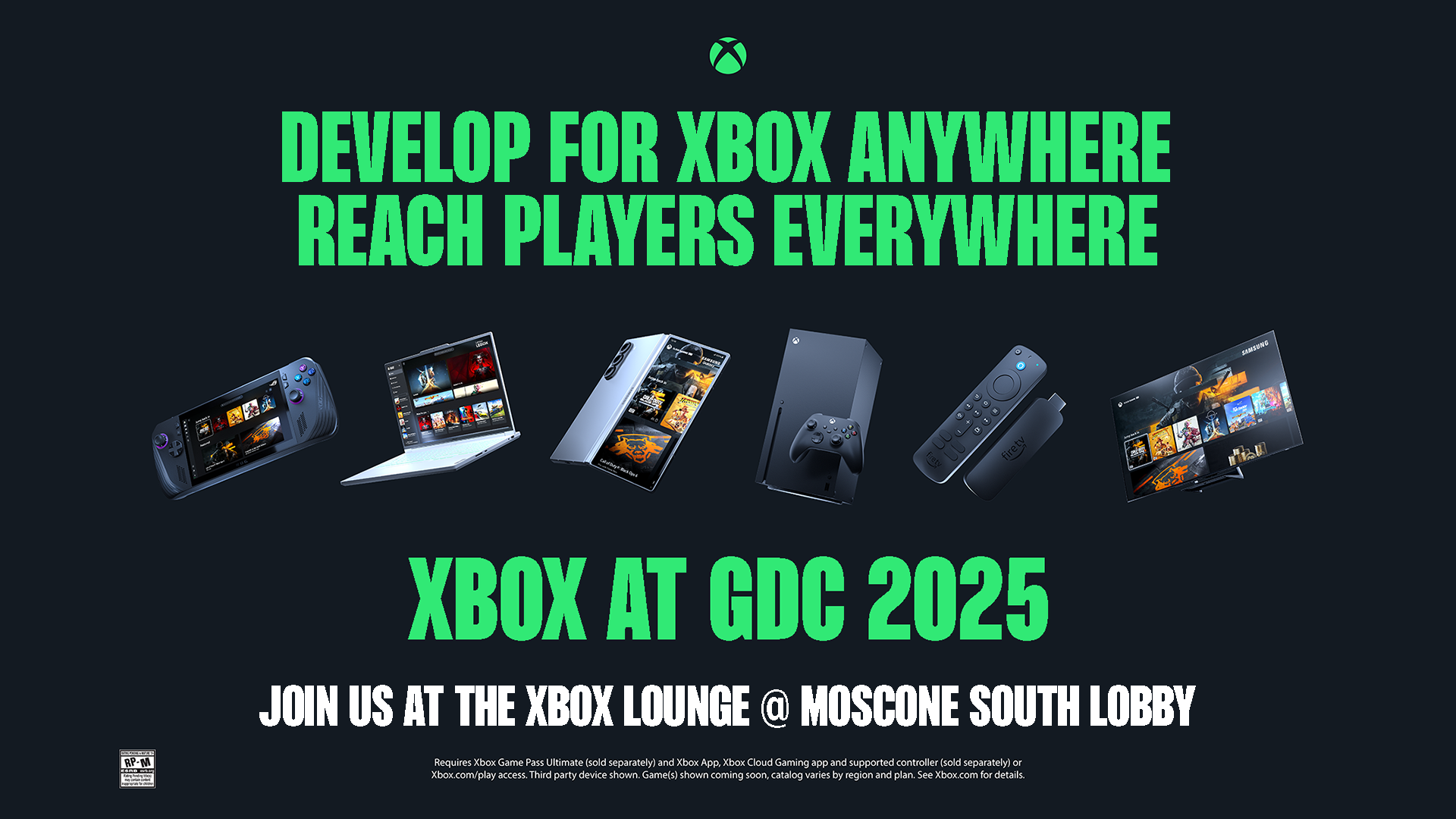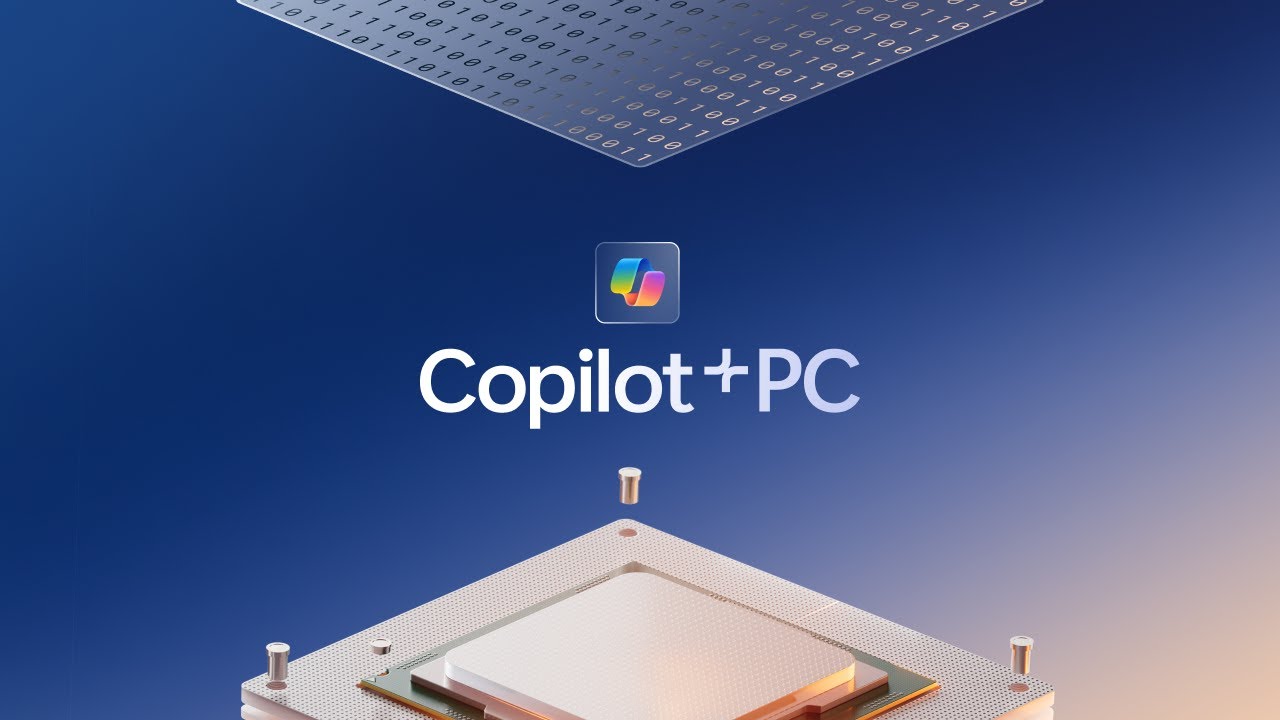Here is what Google is doing to support Folding Android smartphones
3 min. read
Published on
Read our disclosure page to find out how can you help MSPoweruser sustain the editorial team Read more

Folding smartphones are already here, and will be hitting the market in the next few weeks or months.
The Android OEMs appear to have the hardware pretty much worked out, but as is often the case the tricky bit is the software.
Google, as the platform holder, would normally be expected to step up and support the work, but so far we have heard very little about any adaptations they will be making to support folding smartphones.
Last year their main plan was to encourage developers to make their apps adaptive and resolution independent, allowing them so more seamlessly move from small to big screen modes.
Today in a blog post, Google vice president Jamie Rosenberg explained their latest efforts, saying:
“Android’s mission has always been to work closely with a broad and open ecosystem of partners to push the boundaries of hardware and software, bringing new experiences and capabilities to your mobile device. Together with manufacturers, carriers, chipset makers and developers, we want to build mobile experiences that are both productive and helpful—whether that’s giving you new ways to explore the world, helping you stay on top of a busy day or providing the tools to maintain a healthy relationship with technology.”
So what exactly is Google doing? The answer is not much. To support folding phones the OS will now support multiple foreground apps. This is, of course, helpful for companies who are looking to use the larger surface area for multi-tasking, but one would have hoped for more enthusiastic support for one of the most interesting phone developments in recent years.
Other efforts to support Android development in general include:
5G. Android will be the first major computing platform to formally support 5G networking, and Google has worked with partners like Samsung, Xiaomi, LG, Huawei, Qualcomm, Sony, HTC, OnePlus and Vivo to help get the first-generation 5G-capable handsets to market.
Rich Communication Services (RCS). Google is adding RCS support to its Messaging app and has helped its partners like Samsung, Huawei, America Movil, Deutsche Telekom, Orange, Telefonica, Telenor, and Vodafone launch RCS in 24 countries so far, enabling group chats, read receipts, improved media sharing, and more.
Android One. Activations of Android One handsets grew 250 percent last year thanks to strong uptake from Google partners like Xiaomi, LG, Motorola, and HMD Global. Android One is important for a number of reasons, but Google is highlighting perhaps the best reason: These devices get timely, regular software updates, including new Android versions.
Google Assistant. LG, Nokia, TCL, Vivo, and Xiaomi are among the Android handset makers that are adding dedicated Google Assistant buttons to at least some of their devices this year. Google expects over 100 million devices to ship in 2019 with a dedicated Google Assistant button.
Digital Wellbeing. Initially only available in Google’s Pixel-branded handsets and Android One phones, Google’s Digital Wellbeing tools are expanding to other phones, starting with the Moto G7 family.
What folding phone innovation would our readers like to see from Google. Some have suggested for example a taskbar should be introduced in tablet mode to make multi-tasking easier? Let us know your suggestions below.
Via Thurrott.com








User forum
0 messages